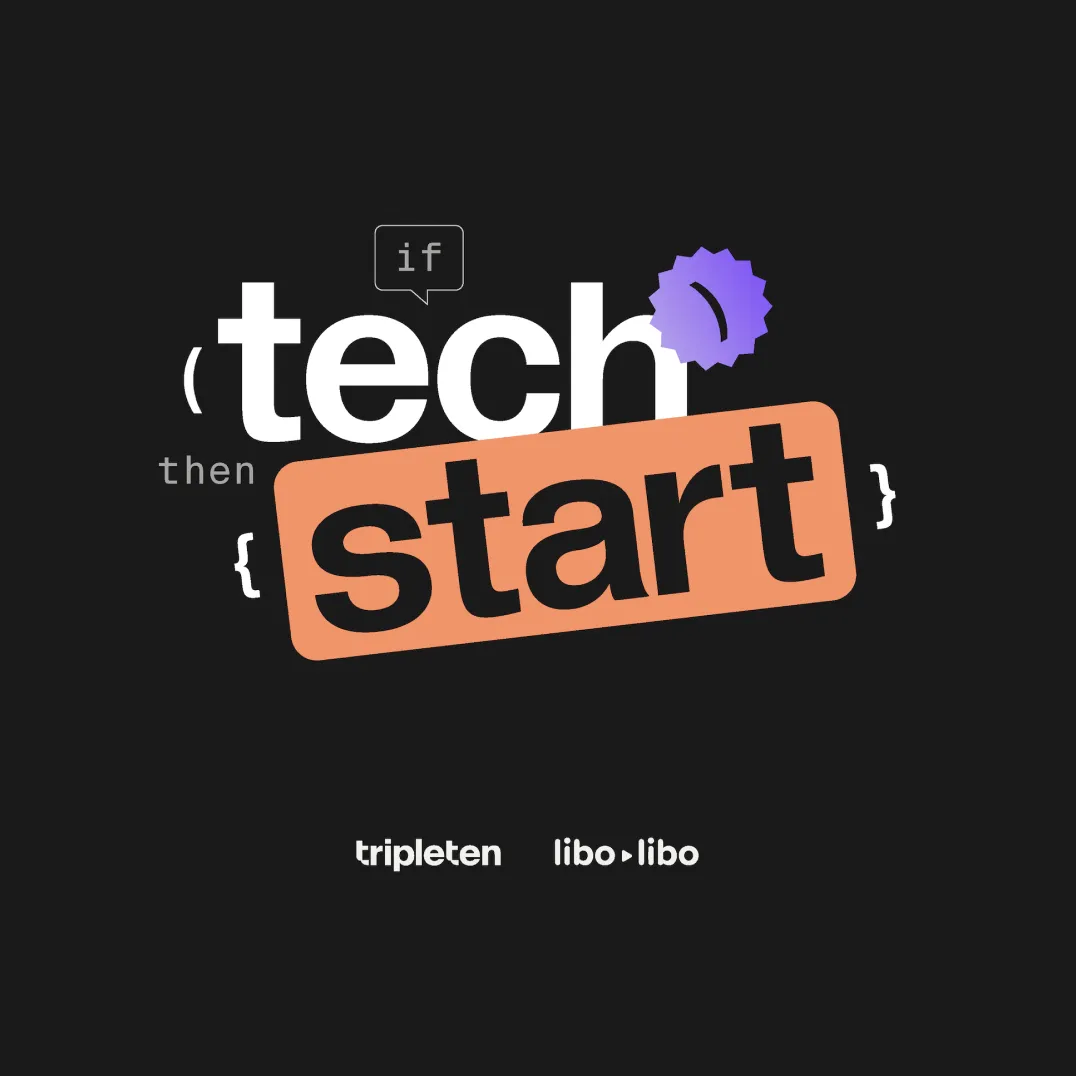Things in tech move fast, so why is 30-year-old Python so popular? The Python programming language is free and open-source and is supported by a massive ecosystem of packages and libraries. Python is popular because it’s easy to learn, versatile, and high level, meaning it’s straightforward for humans to understand. You can use Python to build web apps, APIs, machine learning models, or software applications. And if you’re interested in data analysis, you’ve probably seen that Python is one of the primary programming languages for data scientists.
Python’s appeal and user base keep growing. And those users keep developing new libraries and frameworks, creating a virtuous cycle that keeps Python coders in demand. You can find Python roles in companies from tech to bioinformatics to visual effects. Entire industries, like artificial intelligence (AI), machine learning, the internet of things, and astronomy rely on Python.
For many entry-level roles, you don’t need a tech background, just the right skills and a portfolio. Keep reading to find out which tech companies (and beyond!) use Python today, and why it’s their go-to language.
World-class companies that use Python
You’ll recognize many names on this list. Some of these companies create products you use daily! And all of these companies use Python extensively in their tech stacks.
1. Google
One of the most recognizable companies in the world has used Python from its beginnings: Google’s founders intentionally chose this language, with C++ filling in the gaps. Many of its core search algorithms are written in Python and C++. Google values Python because it deploys quickly, scales up easily, and is straightforward to maintain.
Due to its wide usage at the company, Python is one of the official languages at Google alongside C++, Java, and Go.
Now that Google has expanded far beyond its origins as a search engine (and has over 150K employees!), Python is used in its machine learning and robotics divisions. YouTube, which is owned by Google, also uses Python extensively.
2. Spotify
Spotify is a digital music, podcast, and video platform that has some 574 million monthly active users. Spotify uses Python in two major ways: back-end services and data analysis. Because speed is a major focus for Spotify, Python is the perfect solution.
Spotify is constantly analyzing user behavior and improving their experience through suggested content, so their teams have to crunch a lot of analytics. This is another major area where Spotify uses Python, which powers two of their features: Radio (auto-generated playlists) and Discover (which recommends new content for users). Spotify is involved in the Python community: they sponsor conferences like PyCon and support local groups like the NYC PyLadies, which are great opportunities to get a foot in the door even if you’re just starting out learning Python. In fact, one of our grads even found a job at Spotify. Check out her story hereFrom Tourism Sales to Data Science at Spotify: TripleTen Grad Rachelle Perez Lands a Career in Tech.
3. Nvidia
Nvidia’s computer chips, once aimed mostly at running video games, are now being used to power AI, which has made Nvidia one of the world’s most valuable companies. Nvidia's family of products includes graphics cards, wireless communication, PC processors, and automotive hardware and software. At Nvidia, Python plays a key role within the science, engineering, data analytics, and deep learning applications. Nvidia uses Python extensively for AI implementation.
With AI applications taking off in recent years, Nvidia will continue hiring Python developers.
4. Amazon
Amazon, one of the most ubiquitous companies for consumers, uses Python extensively on its platform. Amazon engineers use Python for software development, automating tasks, and to power the system that helps the site recommend products and deals. By analyzing user behavior and preferences, Amazon can offer up irresistible recommendations that keep customers shopping. For Amazon, Python offers a number of benefits: it’s versatile, it’s particularly well suited for data analysis, and it’s quick to deploy (which is perfect for Amazon’s agile culture). And guess what? One of TripleTen’s grads has found a job here thanks to his Python and data science skills.
5. Reddit
Reddit, a website for niche communities that had over 55 million daily active users in 2023, is written in Python using the Pylons framework.
Reddit’s back-end code is powered by Python, including user interactions, data processing, and server-side operations that make the website work seamlessly.
The readability of the code and extensive Python libraries continue to make Python the go-to language for this company.
6. Netflix
Netflix, the streaming service and media company, has 247.2 million paid subscribers and over 12,000 employees. Netflix uses Python throughout its full content lifecycle, including in the user behavior analysis that generates new recommendations to binge-watch. Netflix engineers get to choose their own tech stack. They frequently choose Python for a number of reasons, including its standard library, the active development community, and the ability to use third party libraries to solve a huge range of issues.
One huge problem Python solves at Netflix? Making sure service isn’t interrupted for users.
The company’s failover system, powered by Python, transfers traffic from one AWS region to another in just 7 minutes!
7. Instagram
Instagram is another instantly recognizable name on the list, and an app you might be checking hourly (or more). You’re in good company: the mega-company has over 1.2 billion monthly active users. Instagram built its photo and video-based social media platform on Django, a web framework written in Python. Instagram initially chose Python because of its reputation for simplicity and practicality. Today, their impressive user numbers show that Python can also scale up massively.
8. Industrial Light and Magic
ILM was started by filmmaker George Lucas to create the special effects for the original Star Wars films, but has grown into a VFX powerhouse. From its origins in physical special effects using miniatures, today ILM’s effects are generated digitally. Speed is paramount at ILM, and Python promised to speed things up considerably when the company started using it in the mid-nineties.
Simple and powerful, Python remains a significant tool at ILM even with the many changes the visual effects industry has undergone over the years.
9. NASA
Have you seen some of the incredible photos coming from the James Webb telescope? Python plays a major role in allowing the telescope to capture and classify these images. As the James Webb orbits in space, it sends data back to software engineers back on earth. They then use Python to receive, organize and make sense of the data. Modern-day astronomers often have huge quantities of digital data to sort through and analyze, and Python is an invaluable tool for them. From the space telescope, to research on planets and stars, to remote sensing to aeronautics, Python can be found across many of NASA’s projects. In fact, you can access them for yourself in NASA’s massive open-source library.
10. AstraZeneca
One of the world's leading pharmaceutical companies, AstraZeneca, employs over 54,000 employees worldwide and boasts a roster of medicines that fight cancer, relieve pain, and much more. Drug discovery is time-intensive and costly, so pharmaceutical companies use computational chemistry to try to narrow down molecules that are potentially beneficial. AstraZeneca developed PyDrone to expedite this process.
Python was the perfect language for scientists without a computer science background because it was easy to learn, apply, and scale to solve real-world problems.
Python is now enabling the next generation of disease-fighting medicines.
Dive into Python
From this list, you can see the wide appeal of the language. Given how widely Python is used in tech, AI, scientific research, and more, the list of companies using Python will keep growing.
If you’re ready to start a career in coding, Python is the perfect general-purpose programming language to start with. From web and game development, to conducting data analysis and automating tasks, Python is versatile, easy to learn, and has a tremendous range of applications. If you’re ready to learn more, check out TripleTen’s bootcamp.

.jpg)







.png)







